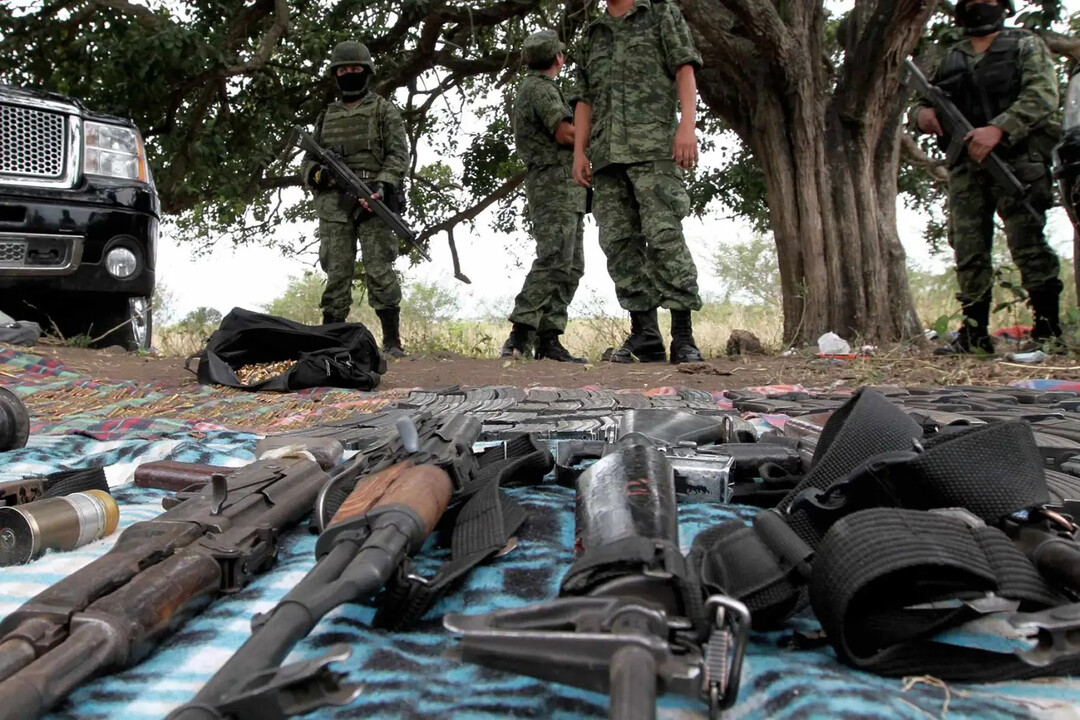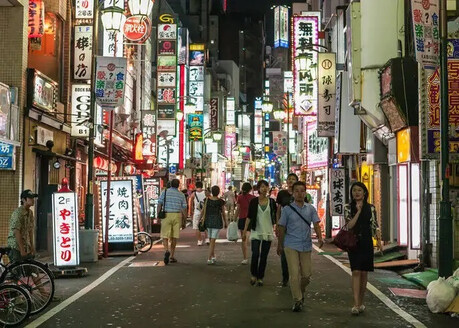
MEXICO CITY, Mexico — Mexican drug cartels are escalating their firepower and tactics to unprecedented levels, transforming into sophisticated paramilitary forces that often overwhelm local law enforcement. According to a recent report by The New York Times, these criminal organizations are now equipped with advanced weaponry and technology, leading to a surge in violence and civilian casualties.
The Arms Race: From Small Arms to Military-Grade Weapons
The era of simple handguns and assault rifles for cartels is over. Security experts and authorities from both the U.S. and Mexico are observing a dramatic shift in the cartels’ arsenals. Many now possess military-grade equipment such as Claymore mines, rocket-propelled grenades (RPGs), homemade mortars, and armed trucks mounted with machine guns.
A particularly concerning trend is the weaponization of commercial drones. Cartels are modifying off-the-shelf drones to carry and drop explosives, and in some cases, even chemical weapons. This use of aerial technology gives them a significant tactical advantage in their turf wars.
Civilian Toll Rises in Violent Clashes
The state of Michoacán, a hub for drug cultivation and intense cartel rivalries, has become a hotbed for this new level of conflict. Powerful groups like the Jalisco New Generation Cartel (CJNG), Knights Templar, and La Familia Michoacana are locked in a bloody struggle for control.
Eyewitnesses in villages like El Guayabo have reported hearing explosions strong enough to shake the ground, followed by swarms of drones flying overhead. The civilian population bears the brunt of these battles. Local human rights groups report that over the past five months, at least 10 civilians—including a 14-year-old boy—have been killed while working in fields or going to school.
Michoacán has also seen a rise in improvised explosive device (IED) attacks, with cartels using homemade mines to target rivals and police. In the last two years, over 2,000 residents have been forcibly displaced from their homes, unable to return due to the constant threat of violence.
A History of Escalation and a Symbolic Event
The cartels’ "arms race" began in the mid-2000s when the Los Zetas cartel, founded by former military personnel, introduced military-style tactics, encrypted communications, and heavy weaponry. In response, rival organizations began acquiring more powerful weapons to stay competitive.
A defining moment came in 2015 when the CJNG used an RPG to shoot down a Mexican army helicopter, killing six soldiers. This incident was a stark demonstration of the cartels' evolving power, proving they could challenge and defeat the armed forces. A 2022 analysis by Mexican military intelligence confirmed that the use of IEDs and drones by cartels has become routine.
Law Enforcement Left Behind
Despite the cartels’ growing might, the equipment and resources of Mexico's police and security forces have not kept pace. A Mexican official lamented that cartels are "several years ahead" in terms of weaponry and technology.
"They come with .50-caliber semi-automatic rifles, and our field officers don't even have anything similar," the official said. This disparity in resources has created a situation where law enforcement is often outmatched, leaving civilians vulnerable and the cartels to operate with increasing impunity.
[Copyright (c) Global Economic Times. All Rights Reserved.]





























